One of the most common questions and misconceptions about veganism surrounds honey, with many people new to the vegan lifestyle wondering, Is Honey Vegan? Here’s everything you need to know about how honey is made and whether it is vegan.
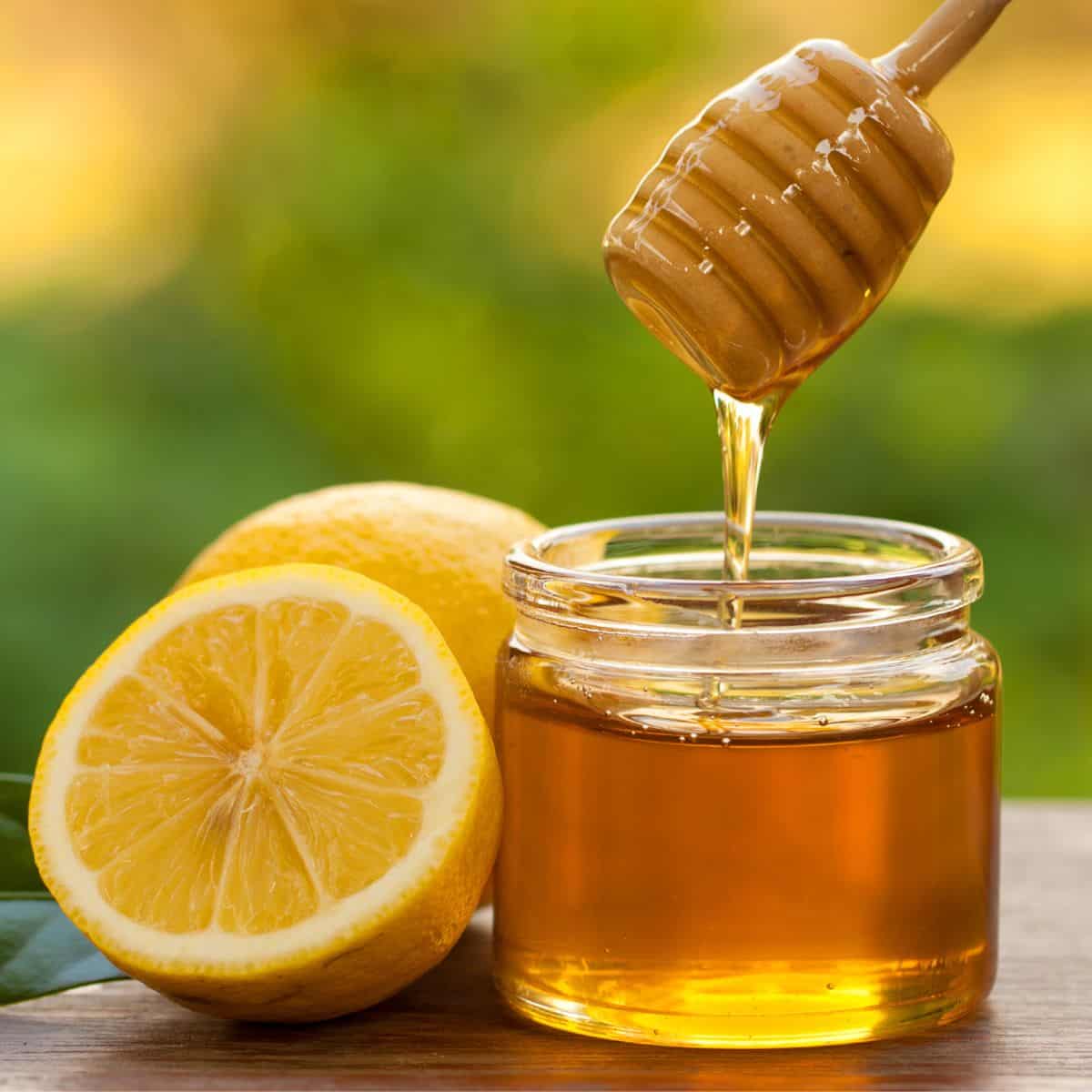
Jump to:
The debate over whether honey is considered vegan has been ongoing. While many animal products such as meat, dairy, eggs, and fish are not vegan, honey (made by bees) is not quite as clear-cut. Foods made from insects and animal food are not always grouped similarly. Honey is not considered vegan for numerous reasons. Read on to understand bees’ honey-making process and why many vegans avoid using it for ethical and environmental reasons.
What is honey?
Honey is a sweet, thick, and sticky substance made by bees. It is produced commercially and in small batches by people in their backyards or small farms. Honey is a sweetener for tea and desserts and is even used as medicine to soothe a soar throat or treat burns and wounds. There are more than 320 different varieties of honey that vary in color, flavor, and smell. It mainly consists of sugar, vitamins, minerals, and amino acids such as iron, zinc, and antioxidants.
How Do Bees Make Honey?
Honey is made from the nectar of flowers saved in the bee hive as a food source for the bees. The nectar of flowering plants is a sugary sweet liquid extracted from the flower through a bee’s long and straw-like tongue.
The nectar is then stored in the bee’s extra stomach. While it is in the bee’s stomach the nectar mixes with enzymes that alter the composition and pH, making it more suitable for storage.
After the bee returns to the hive, it transfers the nectar to another bee by regurgitating it into the other bee’s mouth. The nectar continues to be transferred from one bee to another until it reaches the honeycomb.
Once it reaches the honeycomb, the bees use their wings to fan the nectar to remove excess water and speed up evaporation.
Once most of the water has evaporated, the bees seal the honeycomb with a liquid from its abdomen, which hardens into beeswax.
Why Do Bees Make Honey?
Bees produce honey as a food source. As long as the honey is sealed from air and water, it can last forever, serving as a food source for the bees during winter.
Is Honey Vegan?
People who consider themselves vegans refrain from eating or using products that animals produce. This includes meat, eggs, dairy, fish, poultry, and anything else made using animal by-products. While an animal per se does not produce honey, it is produced by insects. The decision to use products made by insects, such as honey or silk, is somewhat controversial and often up for debate. However, if you consider yourself vegan under the definition of avoiding foods made by animals, then animals also extend to insects, and as such, vegans avoid honey.
Is Honey Plant-Based?
People who consider themselves plant-based eat primarily natural whole foods such as whole grains, vegetables, fruits, nuts, seeds, and beans. People who follow a plant-based diet often consider honey okay because it is a natural form of sugar like maple syrup or coconut sugar.
Why Don’t Vegans Eat Honey?
While the main reason that vegans don’t eat honey is that it is a product made by bees, there are several additional reasons that vegans avoid honey.
Honey Production is Cruel
Bee farming is similar to other types of animal farming in which commercial beekeepers use practices that vegans find unethical to optimize the production and sale of honey. These practices include frequently replacing the queen bee and using antibiotics and synthetic chemicals as pest and pathogen control. The exploitation of the honey bee by taking the food they create for themselves is considered animal cruelty by many.
Bee Populations Are Declining
The bee population is quickly declining. Since 2006, beekeepers have reported a reduction in bee colonies by 30% year over year. Unfortunately, many bee-keeping practices are the cause of declining bee populations. Practices such as migratory beekeeping, unnatural feeding, chemical treatments, and international bee trading cause disease to transfer among bees.
As a result, this weakens the bees making them unable to fend for themselves. The problem is greed among commercial beekeepers. The companies that make money from beekeeping don’t profit much from selling honey but from pollination services.
Commercial beekeepers lend their colonies to other farmers. The transport of the bees across the country exposes them to stressors such as temperature fluctuation and the inability to forage for nectar naturally.
Bees are instead fed high fructose corn syrup as a substitute for the nectar and honey they produce. This causes them to catch viruses and spread them as they migrate from one place to another. Those that have used migratory practices for their beekeeping have lost up to 90% of their colonies. Other reasons for the declining bee population include modern farming methods, new predators, and climate change.
Honey is Tested on Animals
While vegans not only refrain from eating foods that contain animal products, they also refrain from using any products tested on animals. Medical researchers have been known to test honey on animals.
Ways to Help the Bee Population
While beekeeping practices have become increasingly widespread, from commercial beekeepers to backyard hobbyists, significantly contributing to the decline in the bee population, there are steps that we can all take to help bees thrive and expand.
Plant A Pollinator Garden
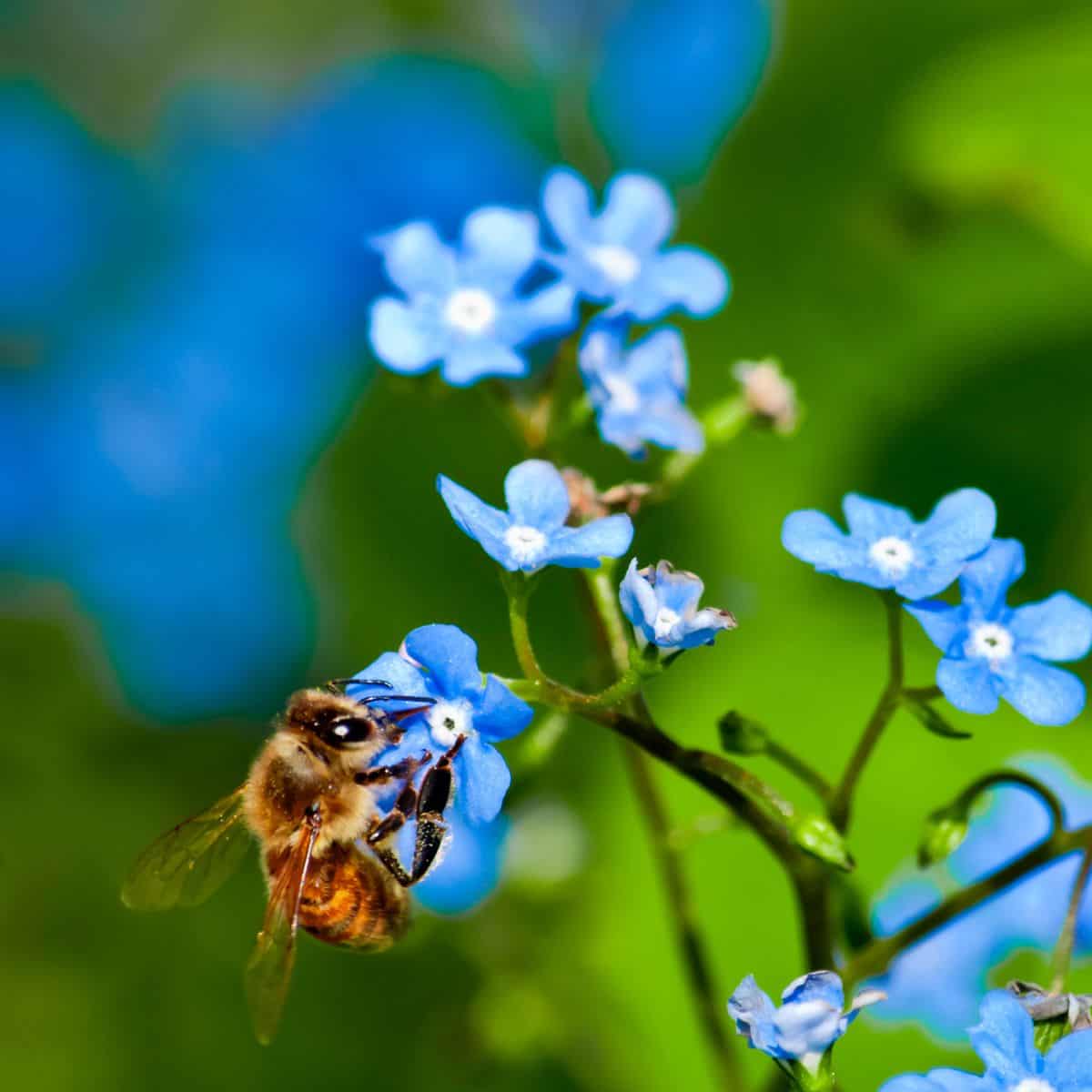
One of the best ways to help bees thrive is to plant a pollinator garden. This can be as simple as planting a few flowers on your patio or as grand as a large-scale flower garden if you want to encourage local pollinators to plant native species of plants.
Create Homes and Water for Native Bees
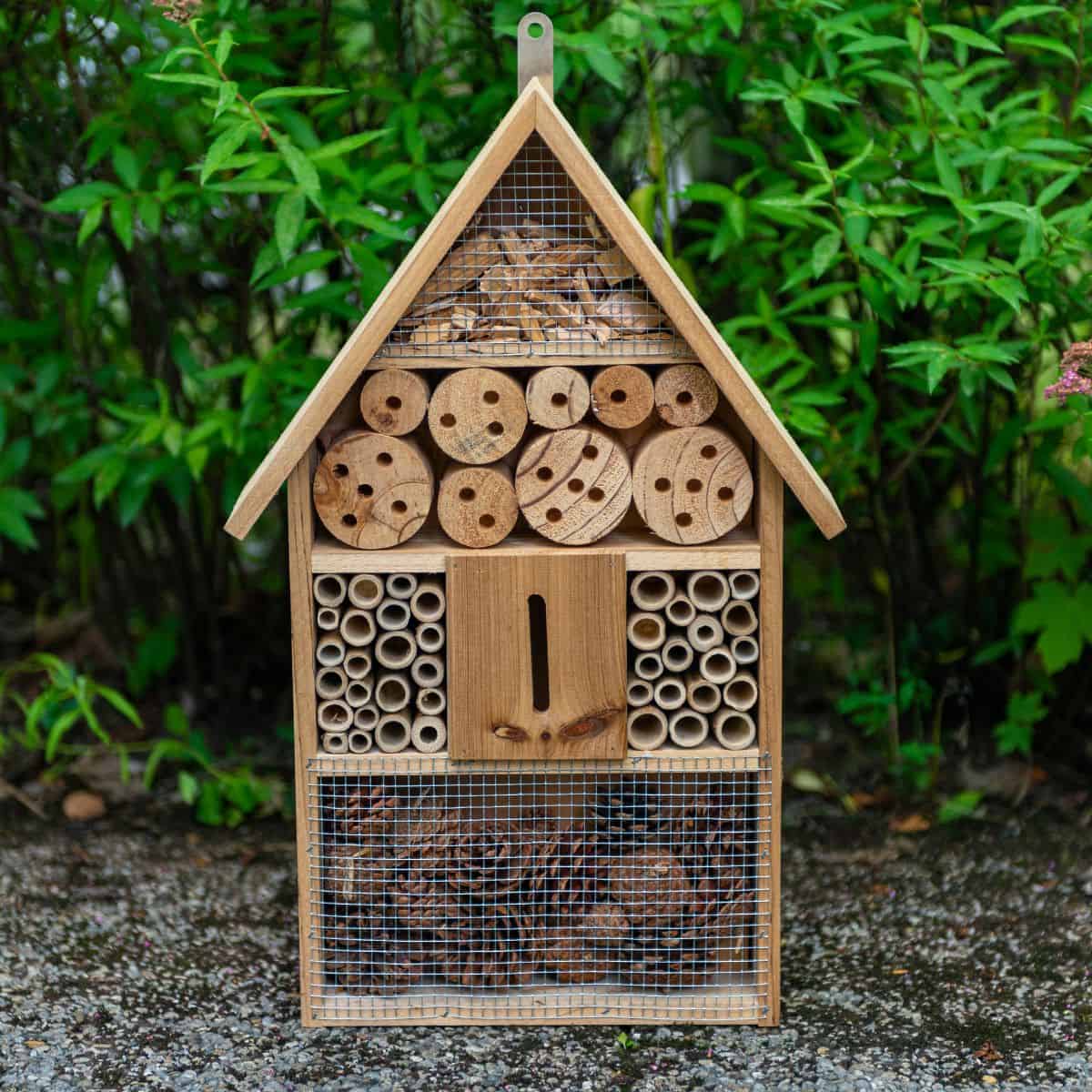
Did you know you can create homes for bees like you would for birds? They’re called Bee Hotels! By creating a bee hotel, you are helping the bees have a place to build their hives. They are structures made from wood that provide nesting spaces. Bees and wasps naturally find hollow structures to nest,such as holes in dead wood and other small nooks. A Bee Hotel shelters the bees away from predators and weather conditions.
Avoid Using Herbicides and Pesticides
Herbicides and pesticides are made to keep pests away, including bees. There are a few ways bees are harmed or even killed due to herbicides and pesticides. One way is through direct contact. The bee makes contact with the pesticide and then dies before it has a chance to return to the hive. However, the more harmful way occurs when the bee does return to the hive and contaminates the entire colony of bees through contaminated pollen on its body or through the nectar it drank. To help keep bee populations from declining, refrain from using these harmful chemicals in your garden and lawn.
Support Local Farms
By supporting your local farmers and farmer’s markets, you are helping your local bee population. Especially those farms that use organic farming practices by refraining from pesticides that harm bees. These local organic farms are helping the bee population by naturally providing them with the food they need to thrive.
9 Best Vegan Honey Alternatives
While the flavor of honey is sweet and delicious, many honey substitutes can be used in its place.
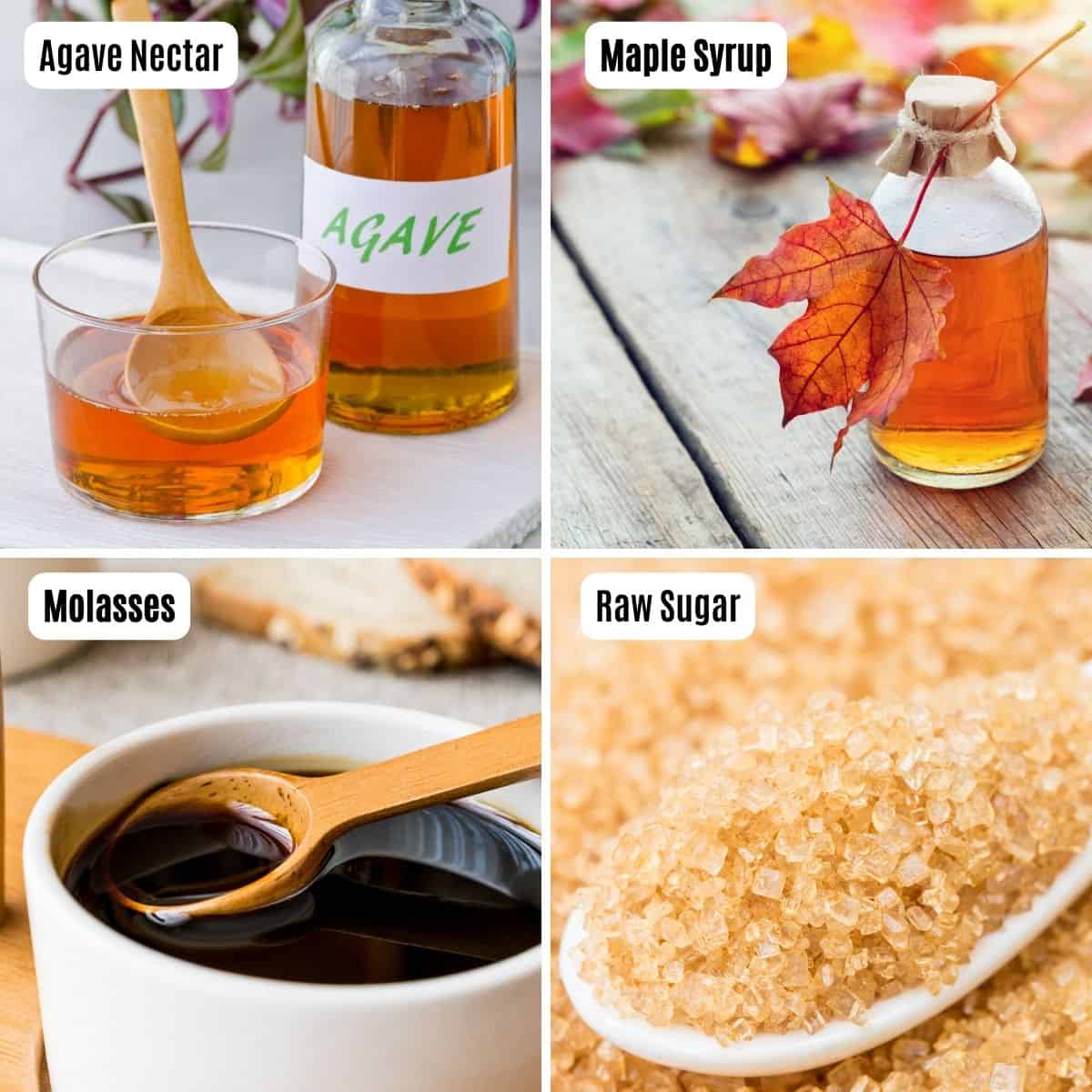
1. Agave Nectar
Agave nectar is a sweet and sticky syrup with a taste and texture similar to honey. It comes from various species of agave: succulents with large thick leaves that are spiky on the ends. The leaves of the agave are cut off, and the juice inside the plant’s core is extracted and then heated until the liquid turns into a sugary sweet syrup.
2. Maple Syrup
Another common liquid sweetener is maple syrup, which comes from maple trees. Similar to the production of agave nectar, maple syrup is extracted by tapping the tree to remove the tree sap. The raw sap is then heated and filtered until it becomes a simple sugar substance.
3. Molasses
Unlike agave nectar and maple syrup, molasses is quite a bit thicker. However, its consistency most resembles that of honey. Unlike honey, molasses has a much darker brown hue. Molasses comes from sugar beets. It is not as sweet as honey, agave, maple syrup, or table sugar.
4. Raw Sugar
Unlike the aforementioned sweeteners, raw sugar is granulated rather than liquid. It is recommended as a substitute for honey because it is also made in a less refined process than white table sugar. It is brown, and the crystals are more prominent than white sugar.
5. Date Syrup
Date syrup is made from dates that contain vitamins, minerals, and antioxidants. It’s a thick brown liquid sweetener. It most closely resembles molasses, but it’s a healthier alternative since it is derived from dates rather than sugar beets.
6. Sorghum Syrup
Sorghum syrup comes from the sorghum plant which is a grain from the grass family. The green juice from the sorghum plant is extracted and then processed to turn into a dark syrup. It is often compared to molasses because it has a similar color and texture. But the two are not the same thing. While it has a sweet flavor, it is not as sweet as other syrups and is described as having an earthy and smoky flavor.
7. Coconut Nectar
Coconut nectar, or coconut syrup, is a brown liquid sweetener extracted from the sap of the coconut flower found on the coconut palm. It has a similar color and texture to honey. It is rich in iron and zinc. Since coconut nectar only requires one ingredient with minimal processing, it is considered a healthier alternative to other sweeteners.
8. Barley Malt Syrup
Barley malt is a thick sweet syrup made from barley grain. The process includes toasting the barley sprouts and grinding them into a powder. The powder is then processed to create barley malt. It is a thick dark brown sweetener that has a subtle sweetness that is not as saccharine as table sugar.
9. Brown Rice Syrup
Rice syrup has a golden amber color that resembles honey. It is made by soaking cooked brown rice starch with enzymes that break down the starches. The liquid is then strained and heated until the desired consistency is reached. Like agave nectar and maple syrup, rice syrup is an excellent alternative to refined sugar and honey for plant-based or vegan people. It is often used as an ingredient in granola bars and protein bars as a natural sweetener.
Frequently Asked Questions
No type of honey, including organic raw honey, is vegan since it comes from bees. Although, if you partake in honey, organic raw honey is the best option because its farming practices are the most regulated and humane to the bee population. Organic honey farmers are not allowed to clip the wings of their honeybees. The location of their hives must be a certain distance away from other farms that use pesticides. They must also have high standards of hive hygiene, and no toxic preservatives are allowed to be used.
Bees help the environment in numerous ways. But most importantly, they pollinate our food, allowing it to grow and thrive. Without healthy bees, we don’t have healthy crops. The more bees increase vegetable and fruit production. Just one colony of bees can double the number of vegetables and fruits produced. More than ⅓ of our food consumption comes from foods that are pollinated by bees. Without bees, our food supply is greatly threatened.
It is clear that commercial honey production is harmful to bees, but what about backyard beekeeping? Is that practice also dangerous to the bee population? Unfortunately, backyard beekeeping also contributes to declining bee populations; according to Cambridge University, beekeeping “removes pollen and nectar from the environment, which are natural resources needed by many wild species of bee and other pollinators.” Since the bees can leave their hive and mingle with native bees, they can disrupt the ecosystem and spread disease.
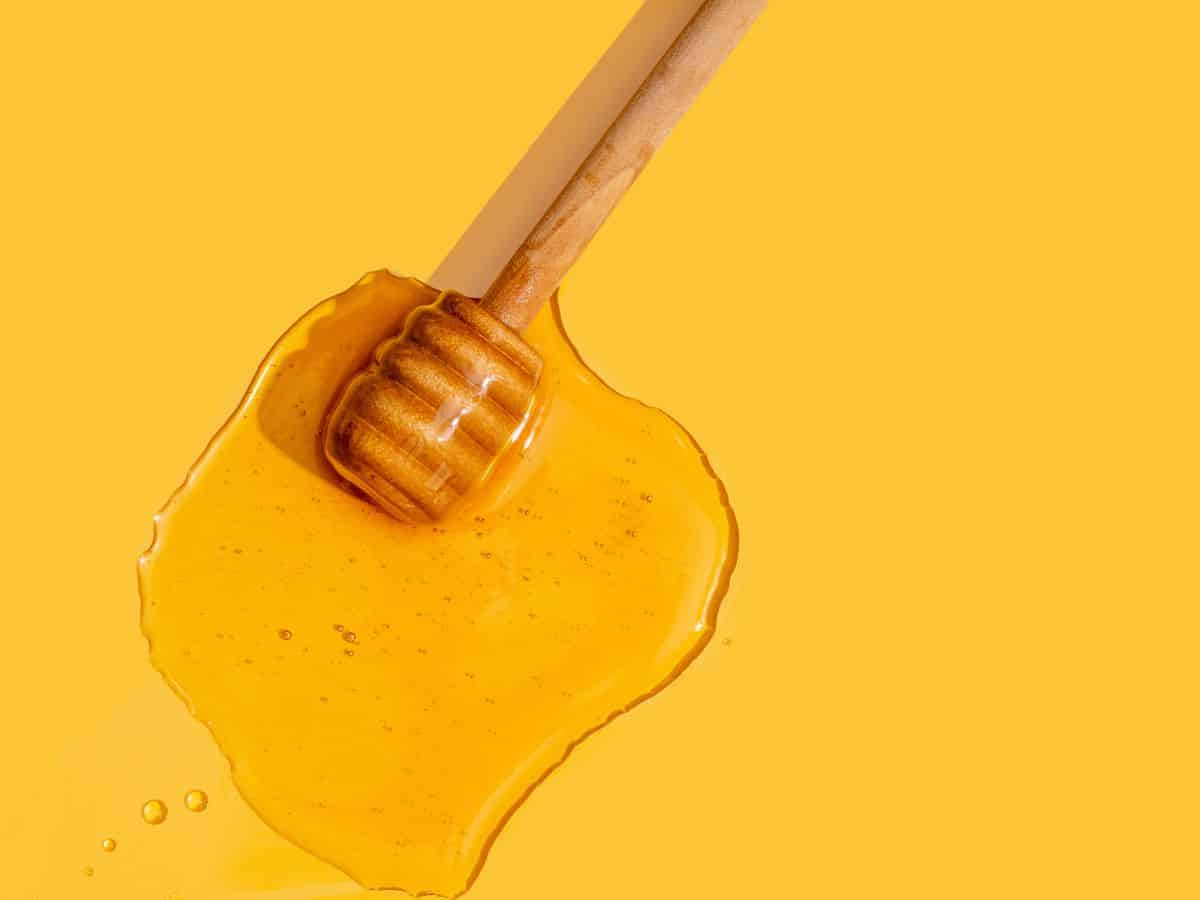
I hope this article has answered your question, “Is honey vegan?” But also, I hope it has helped you understand bees’ vital role in food production and security. Let’s help our bee communities by refraining from consuming honey and helping them thrive by planting pollinator gardens and avoiding herbicides and pesticides.
Please comment below if you found this article helpful or have any additional questions. You can also follow me on Instagram, Pinterest, and Facebook for more family-friendly vegan recipes!
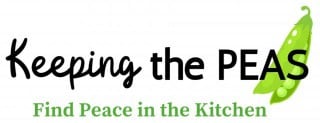

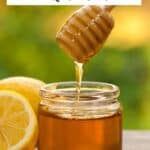
Stephanie
I’m not vegan, but I have definitely heard of the debate. I think both sides really do make good points, but in the end it’s all about what suits each individual’s beliefs and not what anyone else thinks.
Vicky
I am not vegan, but I am often creating recipes for friends that are so I was very interested in the answer to this as it would help me in deciding what recipes to make. I will try subbing with maple syrup.
Lily
Wow, I didn’t know that honey could be considered non-vegan! I like the alternative options listed, especially agave and maple syrup- yum!
Kristen
Thanks for all this great information! Will try one of the alternatives you suggested!